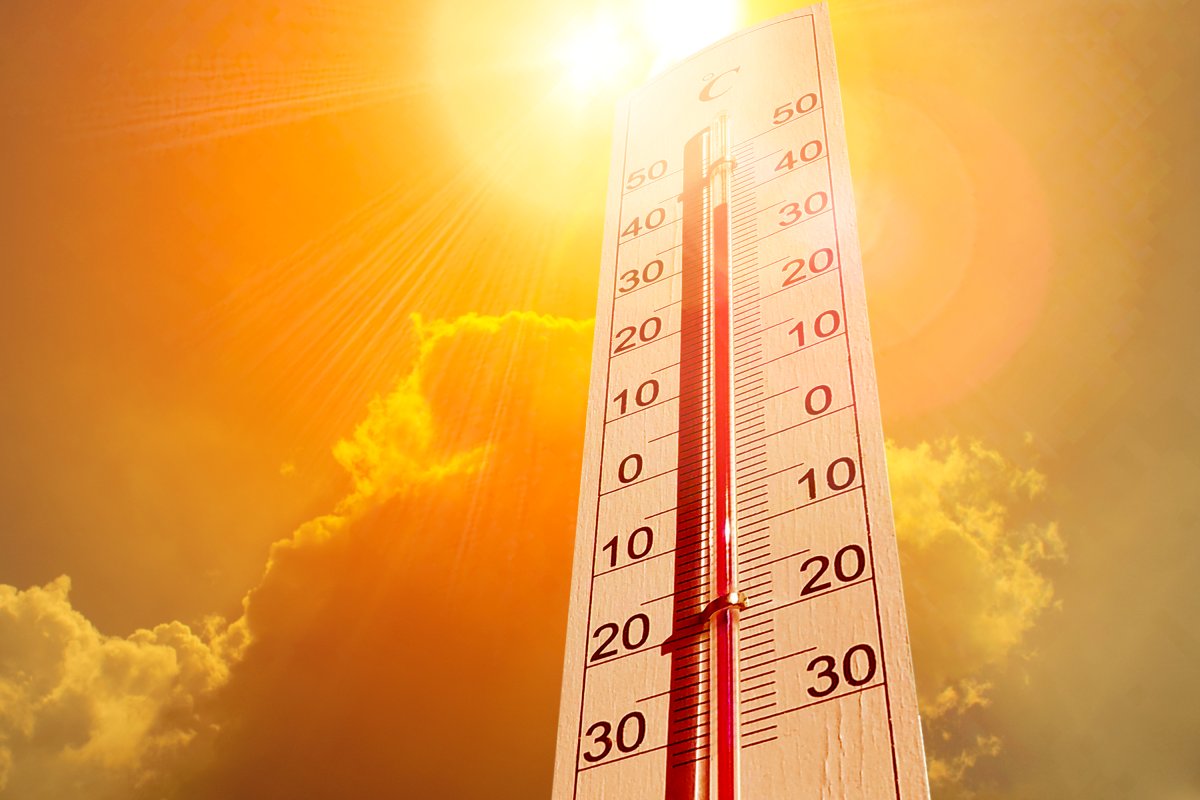July 2020 wasn’t the hottest July on record for the London, Ont., region, but it still cracked the top five and was the hottest July the city has seen in more than six decades, officials with Environment Canada say.

That may not come as a surprise to many. The month began with a 10-day string of 30-plus degrees and has seen highs averaging around 29.6 C, not including the humidex.
The London region has recorded at least 13 days this month with highs of 30 C or above.
“We have been way above-average,” said Environment Canada meteorologist Peter Kimbell.
“The mean temperature for the month (was) 23.5 C. That compares to a normal of 20.8 C. That’s an average of the daytime highs and lows for all the days of the month.”
Coupled with the heat, the region has also seen some occasional severe thunderstorms that barely put a dent in the heat and the humidity.
Among them was a storm system on July 19 that saw six tornadoes touch down in the London region, according to Western researchers.
- Life in the forest: How Stanley Park’s longest resident survived a changing landscape
- ‘Love at first sight’: Snow leopard at Toronto Zoo pregnant for 1st time
- Carbon rebate labelling in bank deposits fuelling confusion, minister says
- Buzz kill? Gen Z less interested in coffee than older Canadians, survey shows
In only three other years has the month of July been recorded as hotter than this year — 1916, 1921, and 1955. Of those, 1921 was likely the hottest, Kimbell says.
London saw 21 days with highs above 30 C that July, including eight days in a row where temperatures surpassed 33 C. Four of those days saw highs above 36 C.
Overall, the average mean temperature for the month was 25 C. Such oppressive heat was felt across much of eastern Canada and parts of the United States.
The hottest day that month occurred on July 4 when a high of 37.8 was recorded, not including humidity.
The Globe newspaper reported the following day that the heat had resulted in the deaths of multiple people, including London-area farmer George Leaman, 50, who was found dead in his field of sunstroke.
An infant in Sarnia was also said to have died from the heat, along with a man in Brantford who “dropped dead” in the street on his way to a soccer match after a day of working in his garden, the paper said.
“You know, 1921, 1916… those are years basically sandwiching the pandemic — the Spanish flu of 1918,” Kimbell noted.
“So they were experiencing, back in 1921, probably the after-effects of the Spanish flu, and those really hot temperatures and no air conditioning.”
Back in the present day, looking toward August, Kimbell says things will start off warm on Saturday with a high of 29 C, but will gradually cool down.
“August is not going to start out the same way that July did. July started out with a bang.”
The forecast so far calls for rain this coming weekend and below normal temperatures for much of next week.
“I’m sure we will see some 30-plus days during the month,” he said, noting that, on average, the month of August sees about two days with highs above 30 C.
“We’ll have a few 30-plus days, but we won’t have as many as we’ve had in July, that’s almost a certainty.”
Kimbell says longer-term, August should see temperatures closer to normal for the most part.









Comments